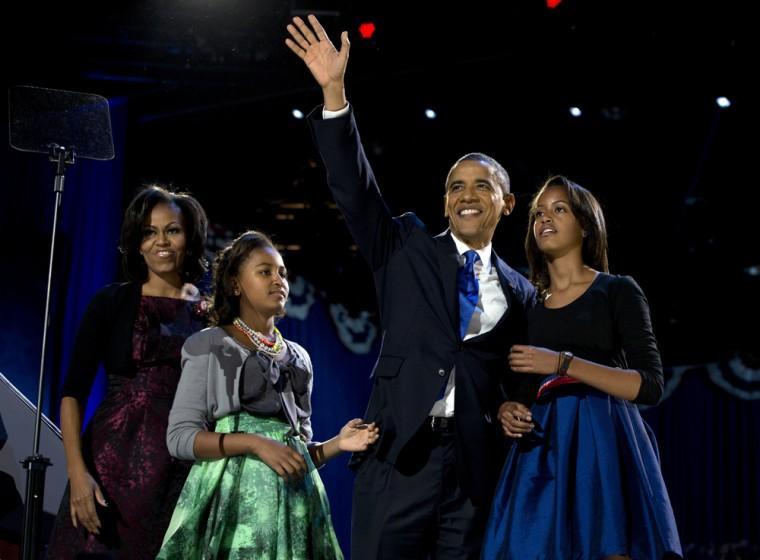Baton Rouge residents chose many incumbents in November’s election, including East Baton Rouge Parish’s majority vote going to President Barack Obama and Mayor-President Kip Holden.
But next to re-electing a president and mayor, the current runoffs from the fall election include two judges running for the same seat in the Louisiana Supreme Court.
In an eight-contestant race for the judgeship, Democratic Circuit Judge John Michael Guidry and Republican Circuit Judge Jeff Hughes won out, and will continue to battle for votes until the runoff election Dec. 8.
Hughes ran many television spots stating his general views on issues, an act he defended by citing the 2002 United States Supreme Court ruling that stated candidates for judicial election are allowed to discuss their views, due to the rights outlined in the First Amendment.
Before the ruling, and even now, judges taking positions is seen as a possible ethical complication.
Guidry campaigned by speaking to church groups, and promoted his tradition of being a “fair and impartial judge,” he told news outlets.
Political science professor James Garand said earlier this semester that the turnout of the Dec. 8 election will depend on who is able to mobilize more voters, but he expects Hughes will win.
Garand also weighed in on the national election drama, saying as a nation, the United States has become more polarized as years have passed, and this contributes to the feeling on either side of the race that if the other side comes to power, it will be “a complete and unmitigated disaster.”
He said candidates had no room for compromise on their platforms.
This was evidenced after the election in the angry secession petitions and lack of compromise over the issue of the nation’s fiscal cliff problem.
Garand said Louisiana has been “limping along,” and a national default could “cut the legs out from under our state.”
Garand said while the situation is problematic, it’s “not as disastrous as it sounds.”
Currently, a bipartisan group of senators is working on a solution.
Third parties could be the answer to the growing gap between Americans, although, according to Garand, they are not relevant on the national scene.
Young Americans for Liberty President and University student Kyle Aycock said Sept. 28 that laws and the current governmental setup make it difficult for third parties to gain traction in the nation’s political system.
This election proved that true, with much-hyped Libertarian candidate Gary Johnson garnering less than 1 percent of the national vote.
Regardless of the outcome of elections, political science professor Belinda Davis said it’s important for each person to vote.
In terms of different outcomes, an almost-overlooked vote from Puerto Rico determined a majority of citizens desire statehood status.
In the past, votes for statehood have not been in the majority. In fact, there was no clear majority in the choice between remaining a commonwealth, becoming a state or declaring independence.
The statehood question on the ballot came in two parts, the first asking whether citizens were happy with the current status as a commonwealth, and the second as a follow-up to those who answered no.
The choices for the discontented were statehood, sovereign free associated statehood and independence.
The second question’s results included the 61 percent of voters causing a stir. If the votes of people who are content with the current system are added in, they have the majority over those wanting statehood.
While this could affect reception of the numbers, results still exist, and the potential for statehood is still possible.





